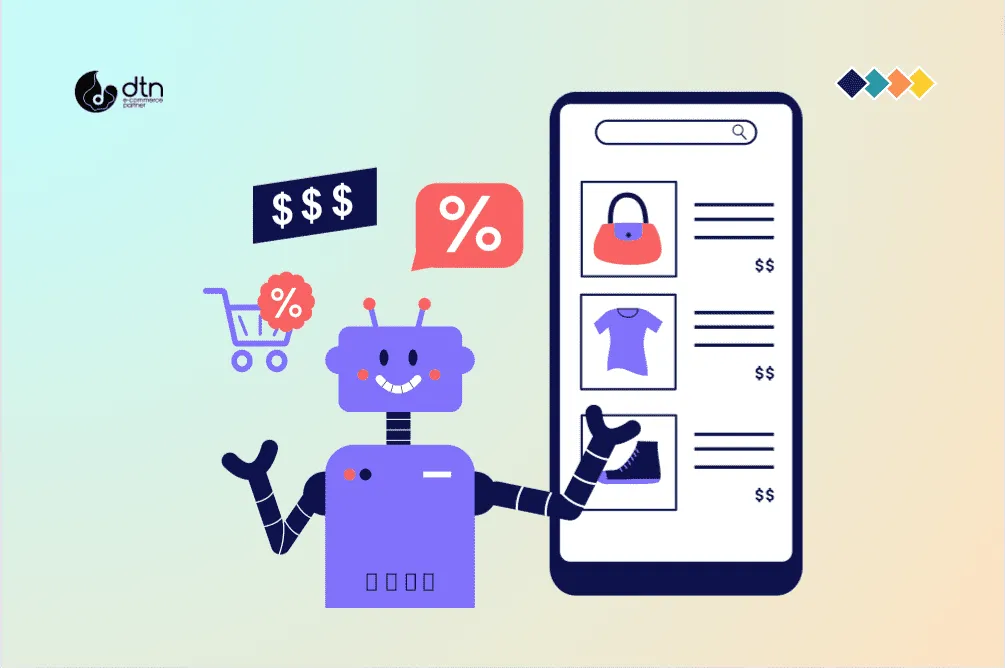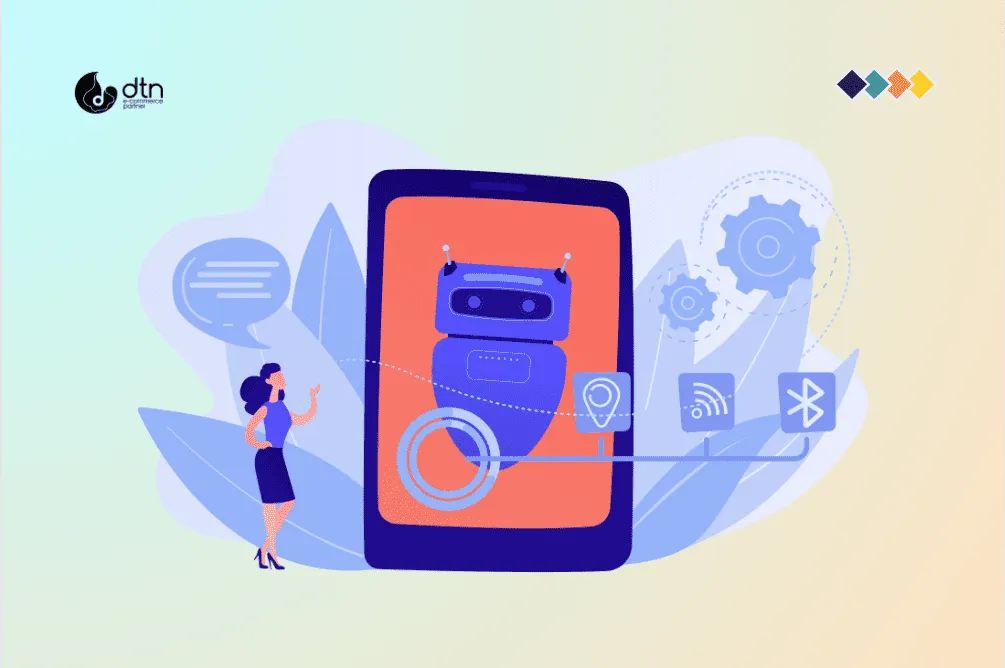In today’s digital landscape, e-commerce businesses face intense competition, and providing exceptional customer service is crucial to stand out from the crowd. One of the most effective ways to elevate customer experience is by leveraging the power of chatbots. Integrating chatbots into your e-commerce customer service strategy can revolutionize the way you interact with customers, providing 24/7 support, reducing response times, and optimizing resources. In this article, we’ll delve into the benefits and implementation of chatbot integration for e-commerce customer service.
Table of Contents
The Rise of Chatbots in E-commerce
The e-commerce industry has witnessed tremendous growth, with more and more businesses shifting online. As a result, customer service expectations have skyrocketed, with customers demanding instant responses, personalized support, and seamless experiences. Traditional customer service methods, such as email and phone support, are no longer sufficient to meet these demands. This is where chatbots come in – intelligent, automated systems that can engage with customers in real-time, providing instant support and resolution.

Benefits of Chatbot Integration for E-commerce Customer Service
The integration of chatbots into e-commerce customer service offers numerous benefits, including:
- 24/7 Support: Chatbots can operate around the clock, providing customers with instant support and answers to common queries, freeing up human agents to focus on complex issues.
- Personalized Experience: Chatbots can be programmed to offer tailored recommendations, product suggestions, and personalized promotions, enhancing the overall customer experience.
- Reduced Response Times: Chatbots can respond to customer queries in real-time, reducing wait times and increasing customer satisfaction.
- Cost-Effective: Chatbots can automate repetitive tasks, reducing the workload of human agents and minimizing operational costs.
- Scalability: Chatbots can handle a high volume of customer inquiries simultaneously, making them an ideal solution for e-commerce businesses experiencing rapid growth.
- Data Collection and Analysis: Chatbots can collect valuable customer data, providing insights into behavior, preferences, and pain points, which can be used to optimize marketing strategies and improve product offerings.

Implementing Chatbot Integration for E-commerce Customer Service
Integrating chatbots into your e-commerce customer service strategy requires careful planning and execution. Here are some steps to follow:
- Define Your Goals: Determine what you want to achieve with chatbot integration, such as increasing customer satisfaction, reducing response times, or improving conversion rates.
- Choose the Right Platform: Select a chatbot platform that integrates seamlessly with your e-commerce platform, CRM, and other systems.
- Design the Conversation Flow: Develop a conversational flow that guides customers through a seamless support journey, ensuring a natural and intuitive experience.
- Train the Chatbot: Train the chatbot using historical customer data, FAQs, and product information to ensure accurate and informative responses.
- Integrate with Human Support: Ensure a seamless handover from chatbot to human support, enabling agents to take over complex issues and provide personalized support.
- Monitor and Optimize: Continuously monitor chatbot performance, collecting data on customer interactions, response times, and satisfaction rates, and optimize the system accordingly.

Case Studies: Successful Chatbot Integration in E-commerce
Several e-commerce businesses have successfully integrated chatbots into their customer service strategies, achieving remarkable results:
- Sephora: The cosmetics retailer implemented a chatbot-powered virtual assistant, reducing customer service inquiries by 30% and increasing sales by 10%.
- Domino’s Pizza: The pizza chain introduced a chatbot-powered ordering system, resulting in a 25% increase in online orders and a 15% reduction in customer service calls.

Conclusion
Chatbot integration is a game-changer for e-commerce customer service, offering a range of benefits, from 24/7 support to personalized experiences and cost savings. By following a well-planned implementation strategy, e-commerce businesses can revolutionize their customer service, driving loyalty, retention, and ultimately, revenue growth. As the e-commerce landscape continues to evolve, embracing chatbot integration is essential for staying ahead of the competition and delivering exceptional customer experiences.
Frequently Asked Questions
We’ve compiled a list of answers to common questions.
Why are chatbots becoming essential in e-commerce customer service?
Chatbots offer 24/7 support, personalized experiences, reduced response times, cost efficiency, scalability, and valuable data collection and analysis. These benefits help e-commerce businesses meet the high expectations of modern customers.
What are the main benefits of integrating chatbots into e-commerce customer service?
- 24/7 Support: Instant support and answers around the clock.
- Personalized Experience: Tailored recommendations and promotions.
- Reduced Response Times: Real-time responses to customer queries.
- Cost-Effective: Automating repetitive tasks and reducing operational costs.
- Scalability: Handling high volumes of inquiries simultaneously.
- Data Collection and Analysis: Gaining insights into customer behavior and preferences.
How can e-commerce businesses implement chatbot integration effectively?
- Define Your Goals: Identify what you aim to achieve, such as improving customer satisfaction or increasing conversion rates.
- Choose the Right Platform: Ensure compatibility with your e-commerce platform and CRM.
- Design the Conversation Flow: Create a natural and intuitive support journey.
- Train the Chatbot: Use historical data, FAQs, and product information to ensure accurate responses.
- Integrate with Human Support: Enable smooth transitions from chatbot to human agents for complex issues.
Can you provide examples of successful chatbot integration in e-commerce?
- Sephora: Reduced customer service inquiries by 30% and increased sales by 10% with a chatbot-powered virtual assistant.
- Domino’s Pizza: Achieved a 25% increase in online orders and a 15% reduction in customer service calls through a chatbot-powered ordering system.
What is the overall impact of chatbot integration on e-commerce customer service?
Chatbot integration significantly enhances customer service by providing continuous support, personalized interactions, and efficient query handling. It leads to improved customer satisfaction, loyalty, and increased revenue, helping businesses stay competitive in the evolving e-commerce landscape.



